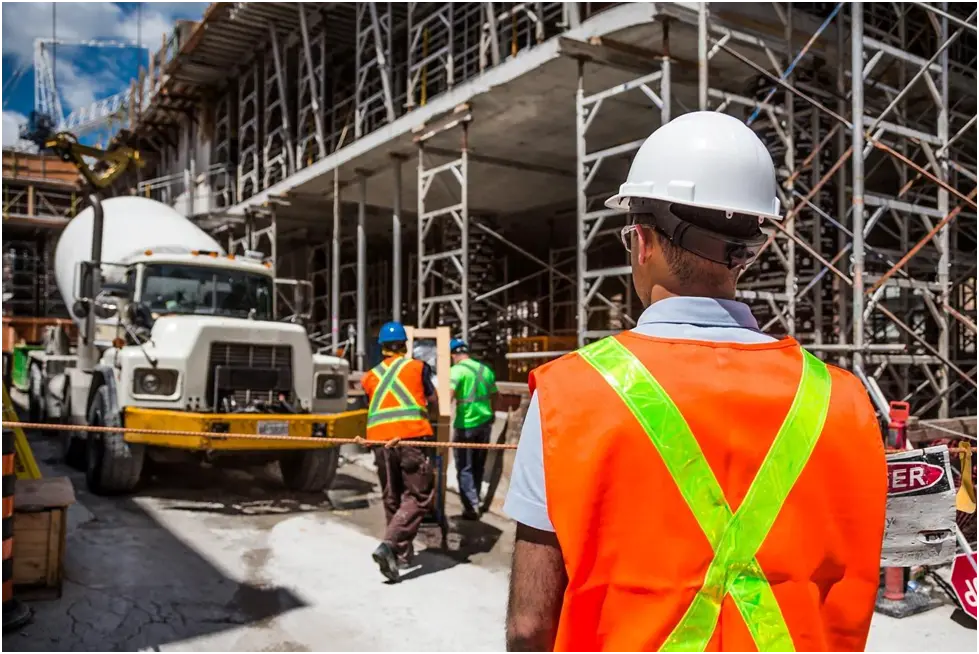Introduction to Manufacturing Safety Services
Manufacturing safety services are becoming an essential part of modern industrial operations where compliance, risk reduction, and efficiency are top priorities. Companies around the world are realizing the importance of structured safety systems that protect both workers and production processes. Manufacturing safety services ensure that industries comply with stringent regulations while keeping productivity at its peak. The need for manufacturing safety services is more evident than ever because organizations cannot afford accidents, downtime, or compliance failures. The consistent demand for manufacturing safety services highlights their central role in building reliable safety strategies that integrate with day-to-day operations. By using manufacturing safety services, businesses gain a competitive advantage as they create a secure workplace environment that reassures employees and builds trust with regulators. Manufacturing safety services serve as a bridge between compliance requirements and operational goals, ensuring organizations achieve safety without compromising productivity. Today, manufacturers understand that integrating manufacturing safety services is not just a legal responsibility but also a strategic necessity. Through manufacturing safety services, companies gain centralized compliance solutions that streamline reporting, auditing, and monitoring tasks with precision. With safety at the forefront, manufacturing safety services act as a safeguard against financial penalties, operational delays, and workplace incidents that could otherwise disrupt growth. Manufacturing safety services are, therefore, the cornerstone of any successful compliance management plan designed for the modern industrial environment.
Why Centralized Compliance Matters
In today’s manufacturing landscape, regulations are complex and ever-changing, making compliance management a daunting task. Centralized compliance solutions delivered through manufacturing safety services ensure organizations maintain consistency across multiple sites and processes. Instead of handling safety compliance in fragmented ways, businesses can consolidate their systems into one platform where safety protocols, inspections, and training are monitored efficiently. Manufacturing safety services play a critical role in this centralization by offering scalable solutions that adapt to the size and scope of each facility. This centralization reduces administrative overhead and improves transparency, making compliance management more efficient. Through centralized safety oversight, companies gain real-time visibility into performance indicators and risk management metrics, helping them make informed decisions. With manufacturing safety services, organizations can identify gaps in compliance quickly and implement corrective actions before regulatory inspections or audits take place. This proactive approach saves time, prevents costly penalties, and ensures long-term sustainability. Centralized compliance also empowers management to enforce uniform standards, which enhances both safety and productivity across all operational levels.
Enhancing Efficiency with Manufacturing Safety Services
One of the most significant benefits of manufacturing safety services is their ability to improve efficiency. Traditional safety management methods often involve manual record-keeping, multiple systems, and disjointed reporting processes, which can lead to errors and delays. Manufacturing safety services eliminate these inefficiencies by creating digital platforms that integrate safety processes seamlessly into production workflows. With real-time monitoring, automated alerts, and standardized reporting, businesses reduce downtime and avoid compliance gaps. These solutions also streamline employee training, making it easier to maintain a well-prepared workforce that adheres to safety protocols. By embedding manufacturing safety services into daily operations, companies can prevent accidents, reduce workplace injuries, and increase employee morale. A workforce that feels safe is more productive, committed, and aligned with organizational goals. Beyond compliance, manufacturing safety services contribute directly to cost savings by reducing medical expenses, insurance claims, and legal liabilities. They also support predictive safety practices where data analytics highlight potential risks before they escalate into problems. This forward-thinking approach not only minimizes disruptions but also optimizes resource allocation.
The Strategic Role of Safety-Chat Solutions
Safety-Chat, as a provider of manufacturing safety services, focuses on integrating advanced compliance solutions into the core of industrial systems. Their approach is not limited to meeting regulatory standards; it extends to building a culture of safety that influences every aspect of production. By offering centralized platforms, Safety-Chat enables businesses to manage compliance with ease and confidence. Their manufacturing safety services allow organizations to unify training programs, inspection schedules, and reporting systems under one digital umbrella. This results in better communication, streamlined audits, and faster resolution of compliance issues. With advanced features like risk assessments, safety analytics, and customizable dashboards, Safety-Chat’s manufacturing safety services empower organizations to stay ahead of potential challenges. These services transform compliance from a reactive burden into a proactive advantage that supports both safety and operational excellence. Safety-Chat’s innovative solutions showcase how manufacturing safety services can evolve from being compliance-driven to becoming a cornerstone of sustainable industrial strategies.
Building a Safer Future with Manufacturing Safety Services
The long-term impact of adopting manufacturing safety services cannot be overstated. Companies that prioritize safety gain more than just regulatory compliance—they establish reputations as responsible and reliable industry leaders. Employees are more engaged and motivated when they know their safety is valued, leading to improved retention and stronger workplace culture. Manufacturing safety services also foster collaboration across departments by unifying safety goals and compliance targets. This collective approach strengthens resilience and prepares businesses for challenges such as evolving regulations, technological advancements, and unexpected crises. Furthermore, digital transformation in the industrial sector relies heavily on systems like manufacturing safety services, which blend automation with human expertise to achieve compliance and efficiency in tandem. Safety-Chat’s centralized compliance solutions reflect the future of manufacturing safety services, where safety management is not a standalone task but an integrated part of business strategy. With these services, industries are not only compliant but also prepared to thrive in competitive and regulated environments.
Conclusion
Manufacturing safety services provide centralized compliance solutions that streamline processes, enhance efficiency, and ensure long-term sustainability. By integrating Safety-Chat’s expertise, organizations can confidently manage safety and compliance in ways that boost productivity while protecting employees. Manufacturing safety services are no longer optional but essential for industries determined to remain compliant, competitive, and future-ready. As regulations evolve and risks continue to grow, manufacturing safety services stand as the key to securing both compliance and operational excellence in the manufacturing sector.




